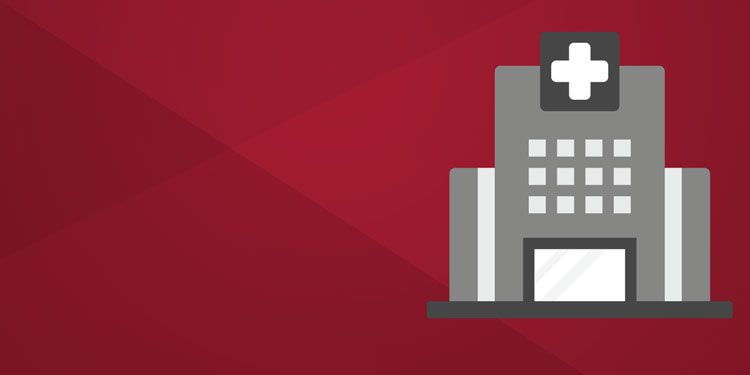Academic-Industry Collaborations Matter: Personal Perspectives of a Cancer-Surviving Physician Educator
Being diagnosed with and then recovering from lymphoma changed my life for the better. I’ve witnessed remarkable academic and industry collaboration, including the cooperation and clinical advances that saved my life.
